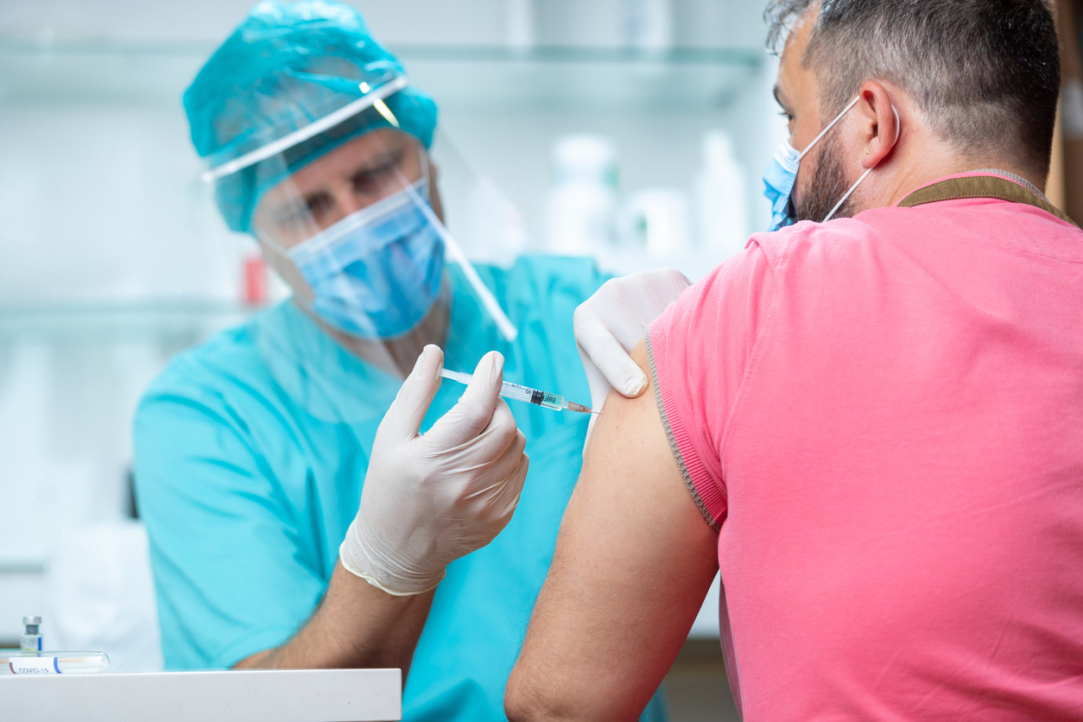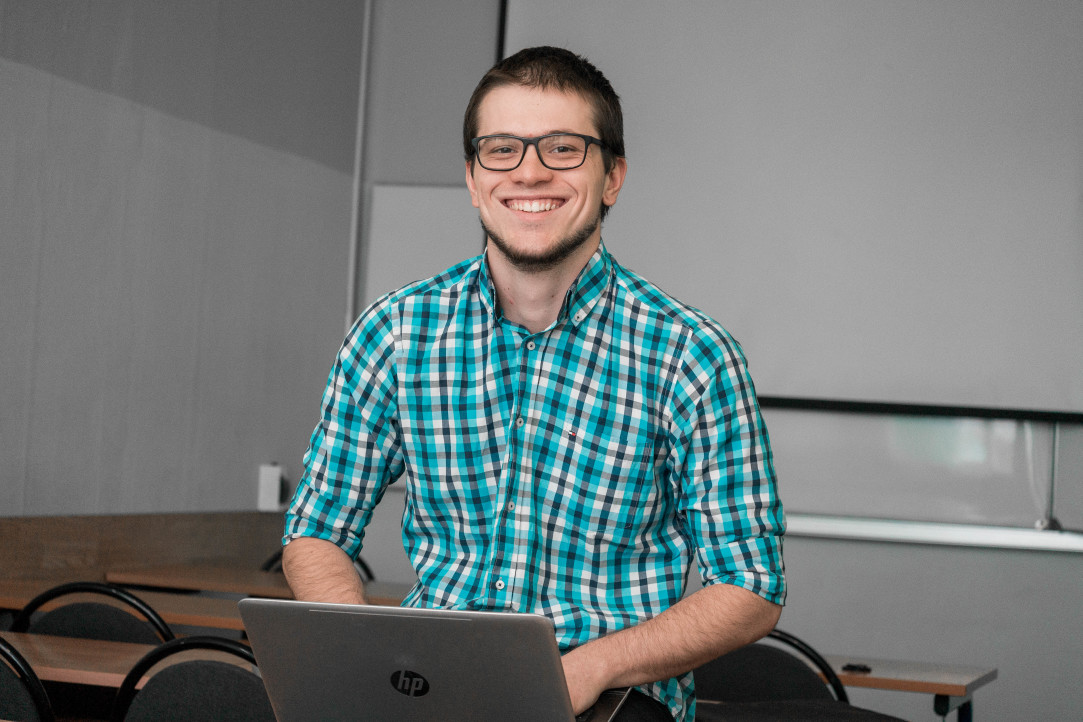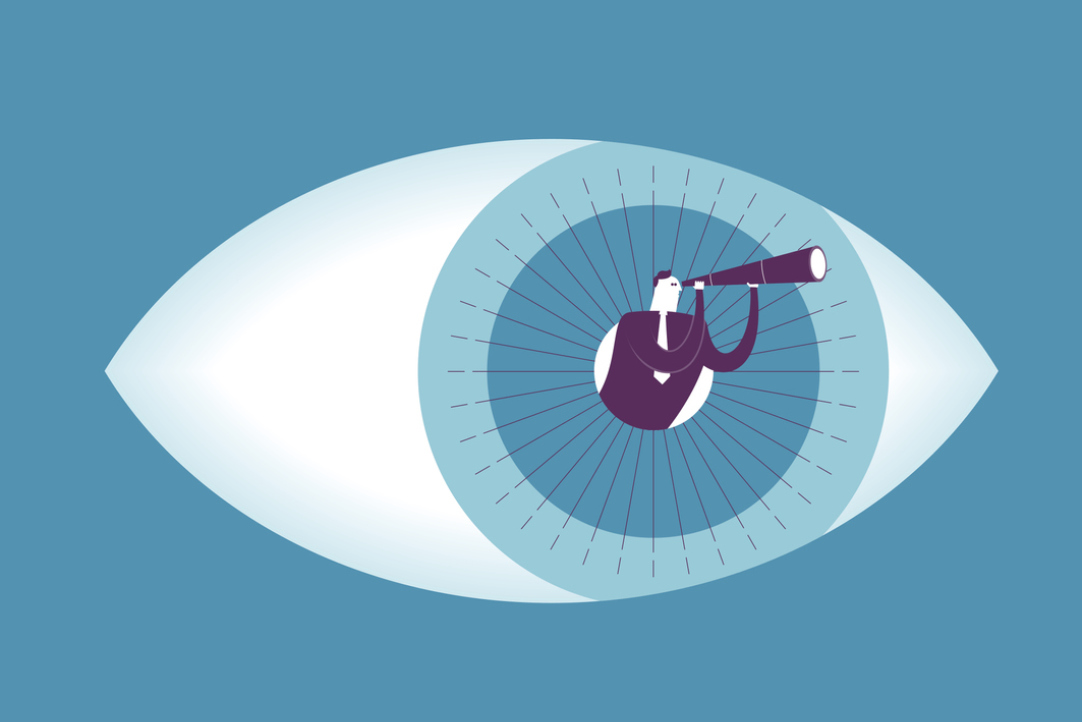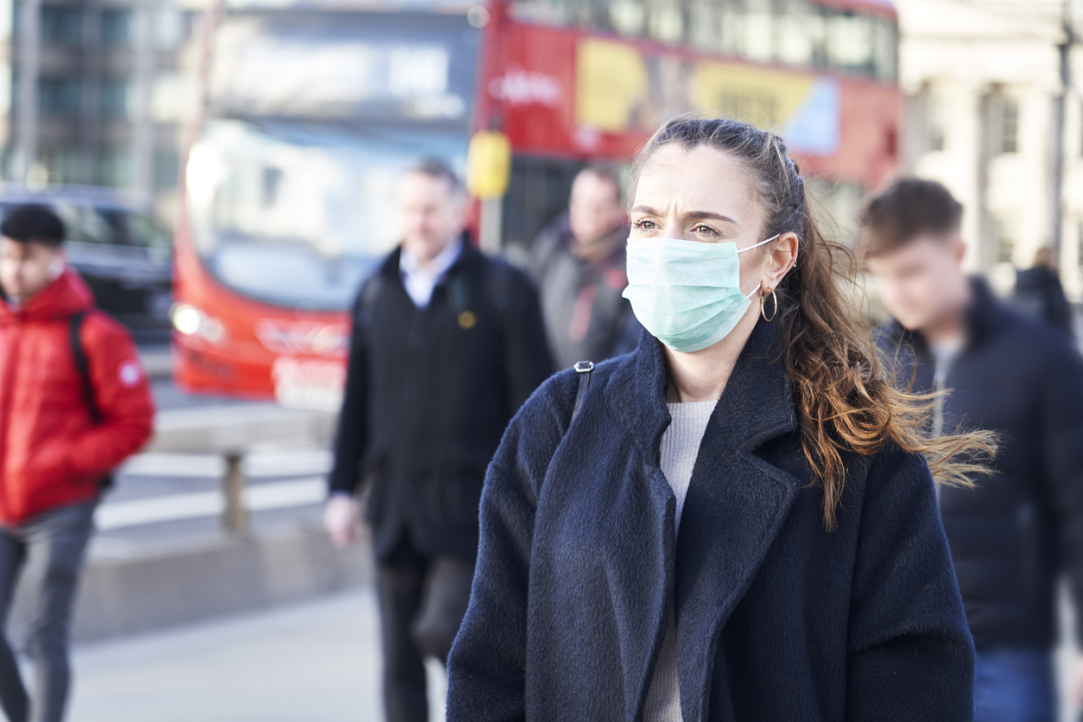
‘A Completely New Platform, Never Studied or Used Before’: mRNA by Pfizer vs. Sputnik V Viral Vectors
One of the biggest headlines of recent days has been the announcement made by Pfizer, a U.S.-based company, and BioNTech, Germany, that BNT162b2, a COVID-19 vaccine they are developing, has proved to be 90% effective in its Phase 3 clinical trial. The news was met with big excitement all over the world. However, the Pfizer-BioNTech vaccine is based on a new platform, which is still understudied. According to protocol, its trial will be complete only in 2022. IQ talked to Larisa Popovich, Director of the HSE Institute for Health Economics, about the differences between the U.S.-German and the Russian Sputnik V vaccines, and about the chances of beating COVID-19 with massive immunization in the upcoming months.

How to Combine University Values with the H-Index
Experts at HSE University and other universities discussed what constitutes a university virtue and whether it is possible to assess scientific and scholarly accomplishments based solely on quantitative criteria. At the conference ‘University HR Policies: Managing Staff Involvement’, Aleksei Pleshkov, Director of the Poletaev Institute for Theoretical and Historical Studies in the Humanities at HSE University, gave a talk entitled ‘In Search of Academic Ethics: Goodness, Virtues and Happiness’.

‘It Is Very Inspiring When Someone From Outside Approves of What I Am Doing’
Vladislav Khvostov, a second-year student of the Doctoral School of Psychology at HSE University, was recognized with a Graduate Conference Award for Student Members from the Psychonomic Society. Every year a total of 20 graduate students in cognitive psychology receive this prestigious international award in psychology. HSE News Service spoke with Vladislav about the award, his interest in cognitive psychology and research.

Attention Priority Map Explains Unusual Visual Search Phenomena
Researchers from HSE University and Harvard have found that the grouping of multiple elements in a visual display does not affect the search speed for an element with a unique combination of features. The Guided Search theory predicted such results. The study is published in the Journal of Vision.

Spouses’ Common Religion Helps in Intercultural Marriage
When partners are of the same religion, it helps to compensate for any differences in their values, while monocultural couples are more satisfied with their marriage.

‘We Have to Ask the Very Same People Multiple Times to Understand What Changes in Emotions, Attitudes, and Behaviors Really Take Place’
On November 6, Dr. Klaus Boehnke, Deputy Director of the HSE Centre for Sociocultural Research, presented his report entitled ‘Does COVID-19 propel value change: A comparison of Germany and the United Kingdom?’ at the ‘Culture Matters’ research seminar. HSE News Service has talked to Dr. Boehnke about various aspects of the value changes and socio-economic consequences of the pandemic in Europe and Russia.

From Science Fiction to Designing the Future: Annual Foresight Conference Commences at HSE University
This week, researchers from all over the world have gathered online for the 10th annual International Academic Conference ‘Foresight and STI Policy’ at HSE University. One of the cross-cutting themes of the anniversary forum, which will be held from November 9 to 13, is lessons learned from the pandemic and the crisis’s effects in future scenarios.

The Kings of Remote Work: HSE Experts Dispel Myths and Stereotypes about Freelancers
Due to a longstanding lack of evidence-based information about freelancers, Andrey Shevchuk and Denis Strebkov, senior research fellows at the HSE Laboratory for Studies in Economic Sociology, have endeavoured to dispel misconceptions about this growing class of workers. Though remote work has become particularly relevant during the pandemic, the researchers identify several trends that have determined the direction of the remote job market even before the coronavirus outbreak.

'State Owes Me': Social Justice, as Seen by Russian University Undergraduates
'I am the state' ('L'etat c'est moi') is a phrase attributed to French king Louis XIV. For Russian undergraduates today, the motto seems to be 'the state owes me'. According to many of them, the government must support younger people above all else, and this is what they understand by social justice. Read on to learn what else Russian undergraduates think about justice and why they are not willing to make sacrifices to achieve it, based on a paper by HSE political scientists Valeria Kasamara, Marina Maximenkova and Anna Sorokina.
.jpg)
HSE to Launch Institute for Cultural Studies
At the last meeting of the HSE Academic Council, it was decided to create a new subdivision of the Faculty of Urban and Regional Development (FURD). The Faculty will now be home to the Institute of Cultural Studies. Vitaly Kurennoy, Director of the Institute and Professor of the School of Philosophy and Cultural Studies of the Faculty of Humanities, discussed the Institute’s main areas of focus and the importance of cultural studies.


Application deadline: May 20